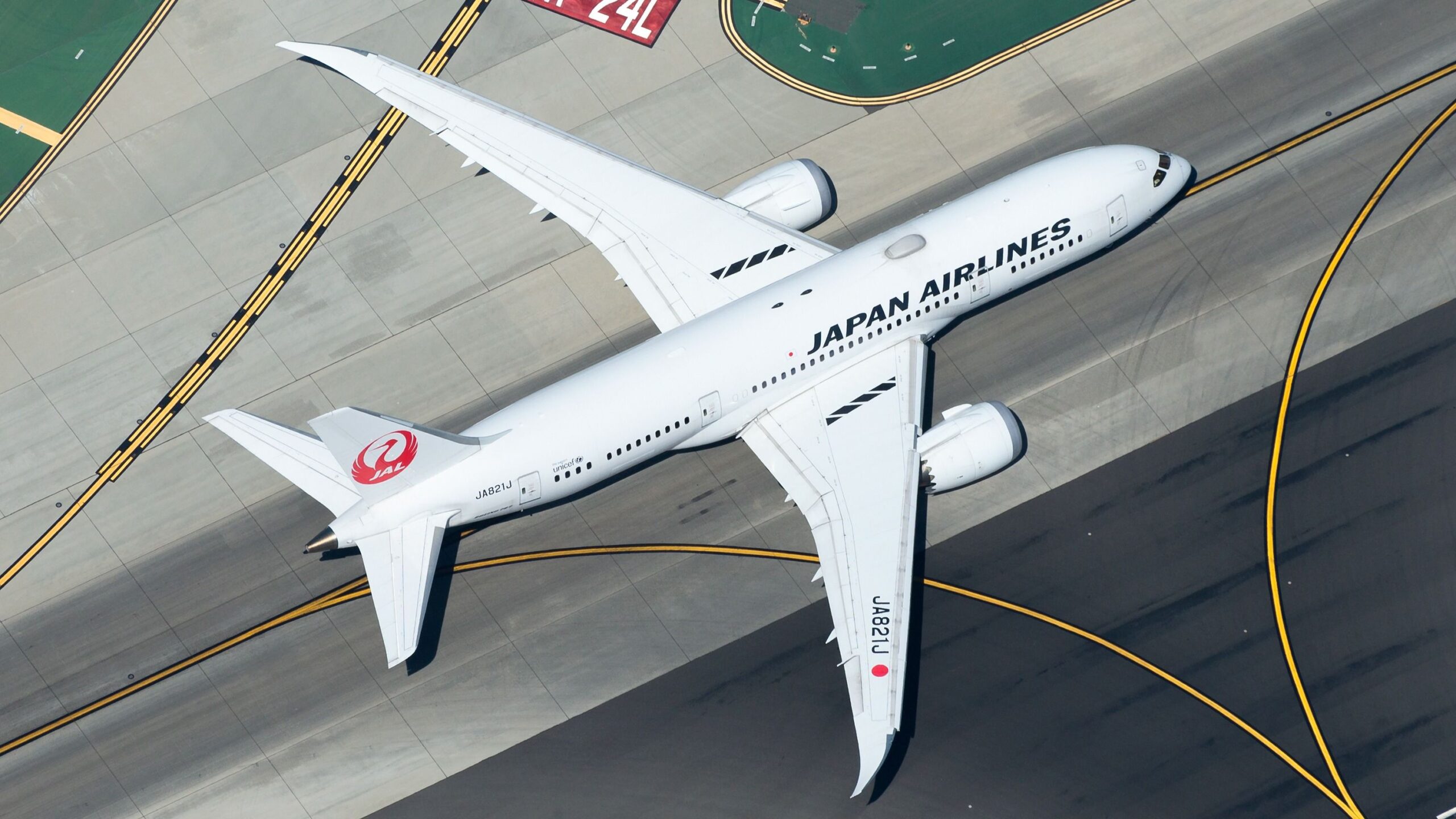World
Japan Airlines Faces Flight Delays After Pilot’s Alcohol Incident

A recent incident involving a Japan Airlines pilot has resulted in significant delays for multiple flights from Honolulu, Hawaii, to Japan. The pilot’s alcohol consumption led to a reported delay of approximately 18 hours for a flight destined for Chubu Centrair International Airport (NGO). Additionally, two other flights from Honolulu International Airport to Tokyo Haneda International Airport (HND) were also affected, leaving around 630 passengers facing disruption.
On the day of departure, the captain for the flight to Nagoya called in sick and admitted to having consumed alcohol at his hotel, according to the South China Morning Post. This prompted Japan Airlines to seek a replacement pilot to ensure the flight could eventually depart. The incident has drawn attention from authorities, leading officials from the Japanese Ministry of Land, Infrastructure, Transport and Tourism (MLIT) to visit the airline’s Tokyo headquarters to initiate a formal investigation.
Ongoing Concerns Over Alcohol-Related Incidents
This latest occurrence is part of a troubling trend for Japan Airlines, which has faced increasing scrutiny over alcohol-related issues among its crew. The transport ministry previously instructed the airline to address these concerns, and earlier this year, Japan Airlines implemented preventive measures to curb similar incidents.
In April 2024, a captain was cautioned by police in the United States after causing a disturbance while intoxicated at his hotel. Additionally, in December 2024, two pilots scheduled to operate a flight from Melbourne to Japan were dismissed after failing preflight alcohol checks. These pilots, along with others, were found to have consumed alcohol beyond the legally permitted limit within 12 hours of their flight, despite being aware of the strict regulations.
The ministry’s investigation revealed that these pilots misled the airline about their alcohol consumption, resulting in suspensions of up to seven months for their actions. Such incidents have raised serious concerns regarding safety practices within Japan Airlines.
Broader Safety Oversight and Inspections
Japan Airlines has not only faced challenges related to alcohol but has also been under government scrutiny for other safety-related issues. In 2024, the airline experienced a critical incident involving a collision between an Airbus A350 and a coast guard aircraft during landing at Tokyo’s Haneda Airport, which resulted in tragic loss of life.
In response to the growing number of incidents, Japan’s transport ministry conducted an emergency inspection of Japan Airlines’ facilities. This surprise visit followed an incident where two Airbus A350-900 aircraft collided on the ground. The inspection assessed daily flight operations and evaluated the airline’s overall safety management practices.
Following the inspections, Japan Airlines officials emphasized their commitment to addressing the issues raised by the ministry. The airline is actively working on measures to enhance safety protocols and rebuild public trust.
This recent incident involving the pilot’s alcohol consumption highlights ongoing challenges for Japan Airlines as it strives to maintain safety and reliability in its operations.
-

 Business5 months ago
Business5 months agoKenvue Dismisses CEO Thibaut Mongon as Strategic Review Advances
-

 Lifestyle4 months ago
Lifestyle4 months agoHumanism Camp Engages 250 Youths in Summer Fest 2025
-

 Sports4 months ago
Sports4 months agoDe Minaur Triumphs at Washington Open After Thrilling Comeback
-

 Sports5 months ago
Sports5 months agoTupou and Daugunu Join First Nations Squad for Lions Clash
-

 Top Stories5 months ago
Top Stories5 months agoColombian Senator Miguel Uribe Shows Signs of Recovery After Attack
-

 World5 months ago
World5 months agoASEAN Gears Up for Historic Joint Meeting of Foreign and Economic Ministers
-

 Health4 months ago
Health4 months agoNew Study Challenges Assumptions About Aging and Inflammation
-

 Business5 months ago
Business5 months agoOil Prices Surge Following New EU Sanctions on Russia
-

 Entertainment4 months ago
Entertainment4 months agoDetaşe-Sabah Violin Ensemble Captivates at Gabala Music Festival
-

 Entertainment4 months ago
Entertainment4 months agoBaku Metro Extends Hours for Justin Timberlake Concert
-

 Top Stories5 months ago
Top Stories5 months agoRethinking Singapore’s F&B Regulations Amid Business Closures
-

 Business5 months ago
Business5 months agoU.S. House Approves Stablecoin Bill, Sends to Trump for Signature









